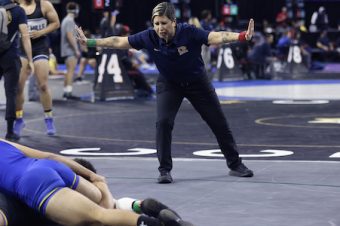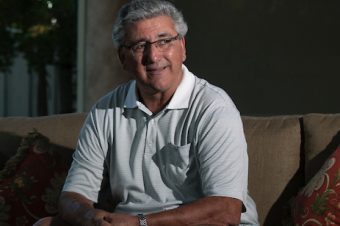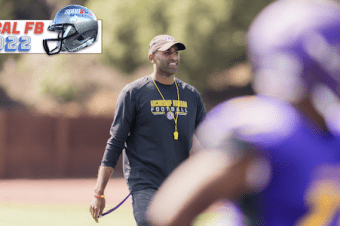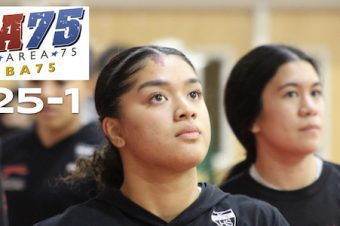Skeletal Stress
CalHiSports Insights March 21, 2014 Mo Mortazavi 0
Malnutrition in female athletes can lead to a series of conditions ending in bone weakness.
Bone health | Dr. Mo Mortazavi
Female runners and coaches often believe that missed periods and abnormal menses is a normal adaptation to training and exercise. Let me dispel this myth. It is not!
Abnormal menses is often the first sign of female athlete triad, a combination of three interconnected medical conditions that ultimately result from poor energy balance: disordered eating, menstrual dysfunction and poor bone strength. All three components fall on a spectrum from mild to severe and our goal at UC Davis Sports Medicine is to identify and treat this condition while in the mild stages to prevent long-term health problems.
Female athlete triad is commonly seen in endurance female athletes who try to keep their body composition lean and light, such as long distance runners, cyclists, gymnasts and figure skaters. Affected athletes complain of poor performance, and, in more severe cases, season-ending stress fractures.
Prior to bone injury, symptoms can be vague and nonspecific such as decreased energy, strength, endurance and cold intolerance; however, abnormal menstrual function should raise concerns in these athletes.
This condition usually begins with disordered eating (i.e. eating fewer calories than your body is using). Patients are rarely so severe that they actually have anorexia or bulimia. Energy imbalance, created from disordered eating, leads to menstrual irregularity due to limited energy required for the brain’s hormonal system. The hormonal system that controls ovulation and menstruation shuts down to preserve energy for other functions. Estrogen levels drop and menses occur less frequently.
If female athlete triad is undiagnosed and untreated, it can lead to weak bones that are at high risk for stress fractures and future osteoporosis. Our bones depend on normal hormone levels (such as estrogen) as well as a complete and balanced diet (with enough calcium and vitamin D) to develop normally. Those with female athlete triad can develop osteopenia (weak bones) and osteoporosis which can cause young athletic women to have the bone strength of an elderly woman. Since the critical time for bone development is in adolescence, many athletes who are undiagnosed will have irreversible bone weakness for the remainder of their life.
Treatment of female athlete triad starts with prevention and an adequate diet. It is critical to understand your minimal caloric needs and make sure that your diet meets them. Consult with a doctor or a sports nutritionist if you are uncertain about your dietary needs. Fad diets and supplements are not recommended and usually unnecessary if one has a complete and diverse diet. Calcium requirements (1000-1300mg/day) and Vitamin D requirements (400-800IU/day) are important to bone strength, and can be met with four to six servings of dairy.
Gradually developing aching pain with activity over the bones of the foot, shin, or hip that persist may represent a stress fracture. If you are concerned that you may have a stress fracture, rest from your activity and see a physician.
Dr. Mo Mortazavi is pediatric sports medicine physician for the UC Davis Children’s Hospital.
Mo Mortazavi
Dr. Mortazavi received his medical degree from the University of California, Davis, where he also completed his pediatrics residency. He then earned a fellowship in pediatric sports medicine at Children’s Colorado in Denver. While there, he focused on musculoskeletal injuries, concussion care and pediatric fractures. Since then, Dr. Mortazavi has expanded his practice to include exercise prescriptions for athletes with chronic illness, sports nutrition and injury-prevention programs.










No comments so far.
Be first to leave comment below.